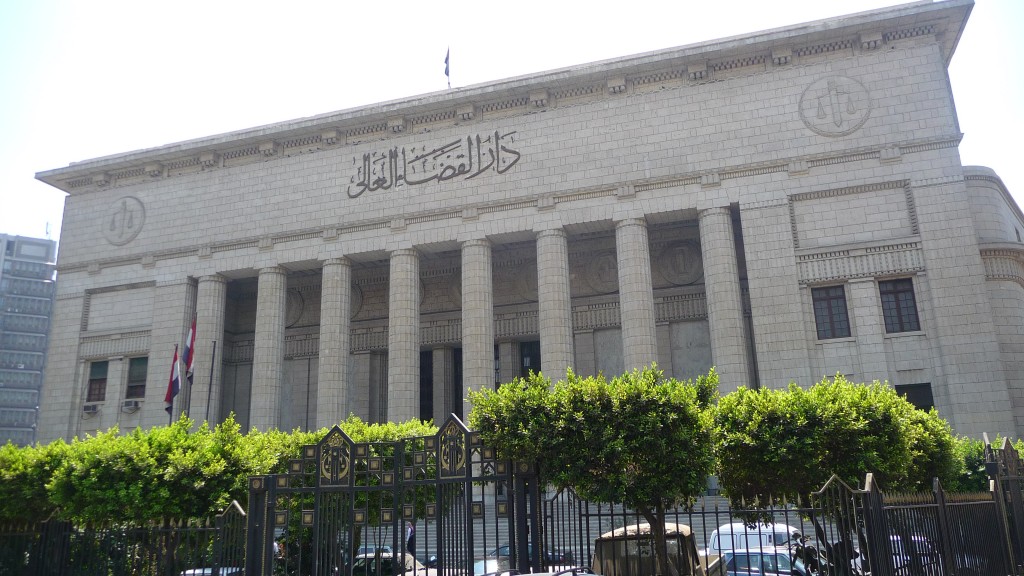Back to News
![]()
Getting a Grasp on Laws Governing Online Speech in MENA Countries
Published on
13 May 2014
Since 2011, there has been a pronounced increase in the promulgation of legislation governing the rights of Internet users in the Arab region and in Iran. The laws affect digital rights both directly, through specific mention of online channels in penal codes and press and publications and media laws, as well as indirectly, in anti-terrorism and anti-cybercrime laws. More often than not, the laws are formulated without any input from either technical experts, the private sector, or civil society and are rapidly pushed through without even being released in draft or debated. In addition, the new legislation has also precipitated a corresponding increase in the detention and prosecution of Internet users for exercising their rights to free speech, assembly, and privacy.
As a result, determined advocates are challenging detentions and the passage of bad laws, as well as proactively advocating for better laws related to privacy, data protection, censorship, surveillance, freedom of speech, and Internet infrastructure. As their campaigns evolve, however, organizers are identifying a lack of readily available resources, including the laws themselves, which is affecting their ability to exploit weak points as they design efforts to secure and protect their digital rights and, consequently, sustain the enabling environment they need to conduct more advocacy.
With this precarious situation in mind, this year SMEX—with support from the Hivos IGMENA team and researchers in seven countries—aggregated legislation governing digital rights in Egypt, Iraq, Jordan, Lebanon, Syria, Tunisia, and Iran. We’ve published this research, meant to be a first step in a longer pursuit of identifying patterns of application and eventually influencing legislation, in an open spreadsheet anyone can access, comment on, and download. Documents referenced include constitutions, penal codes, laws and their amendments, and executive decrees—often in Arabic and English—and can be sorted by country, year, and type of law. We will continue to update the spreadsheet as part of our ongoing research into the legal framework for online media in the region and greatly appreciate additions and corrections via the comments.
This research was conducted by Mohamad Najem, with the support of Afef Abrougui, Emad El Sharaa, Hayder Hamzooz, Hayder Shakeri, Mohamed Taher, Mohammad Tarakiyee, and Simin.


